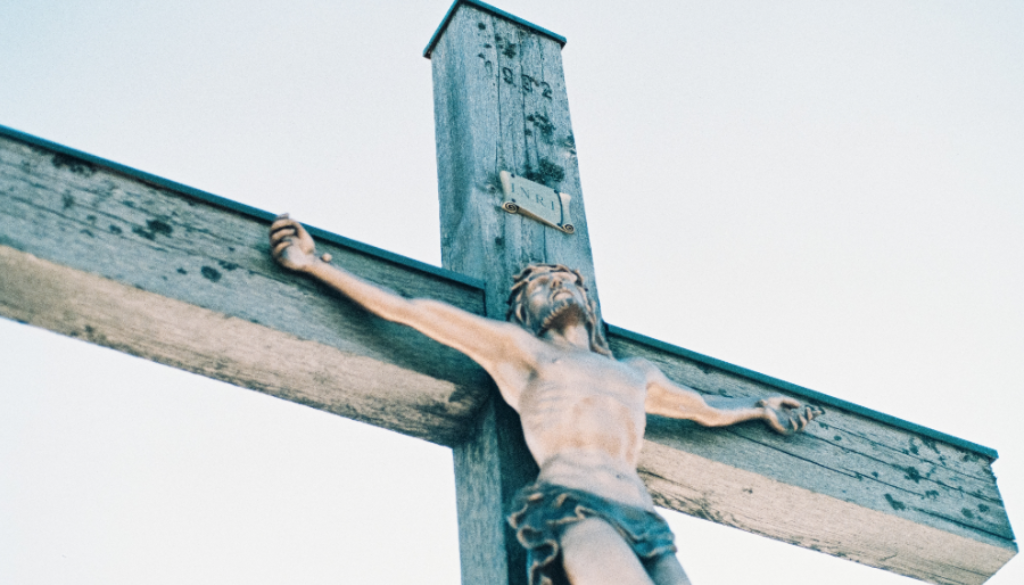Easter means victory over death
Acts 10:34-43
Most historians and scholars agree that Easter was originally a pagan festival, of Germanic origin, associated with the goddess Eostre, the goddess of Spring. She was often depicted with the hare, an animal that represents the arrival of spring as well as the fertility of the season. In Germanic mythology, it is said that Eostre healed a wounded bird she found in the woods by changing it into a hare. Still partially a bird, the hare showed its gratitude to the goddess by laying eggs as gifts, symoblising rebirth and renewal. While some linked Easterʼs date to the spring equinox, others linked the memorial to the ancient Hebrew calendarʼs celebration of Passover. It appears that some early Christians chose to celebrate the resurrection of Christ on the same date as the Jewish Passover, which fell around day 14 of the month of Nisan, in March or April. These Christians were known as Quartodecimans (the name means “Fourteeners”). By choosing this date, they put the focus on when Jesus died, but were also retaining links to Judaism out of which Christianity emerged. Some others instead preferred to hold the festival on a Sunday, the day of Jesusʼ resurrection. Finally, in 325 AD Emperor Constantine decreed that Easter would fall on the first Sunday after the first full moon after the spring equinox. However, the controversy continues since western churches use the Gregorian calendar, while Eastern churches use the Julian calendar. Yet still some of the Eastern Orthodox churches celebrate Easter at the end of Passover week. With or without the Easter Bunny, Easter today means victory over death, for millions of Christians around the world. For it was on this day in the history of Easter, that Jesus conquered death and rose again, bringing light and life to the world forever.
Pastor Darryl
